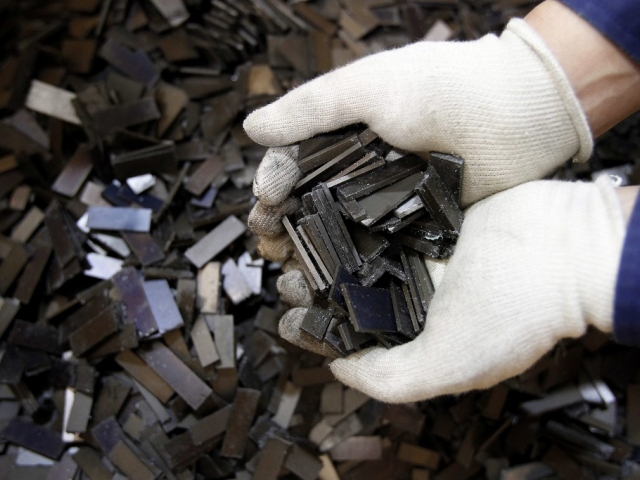
China
China remains the undisputed leader among the countries with huge reserves of rare earth metals. The Bayan Obo deposit is the world's largest deposit of REE ores and produces the bulk of REE exports from China. It also contains bastnesite and monazite. China extracts almost all REMs, which are used in the medical and nuclear industries as well as the production of solar energy, electric vehicles, and high-precision measuring instruments. Ion-adsorption clay deposits in southern China are currently the world's main source of yttrium and heavy lanthanides. The share of REM exports from China is quite high on the backdrop of growing global demand.
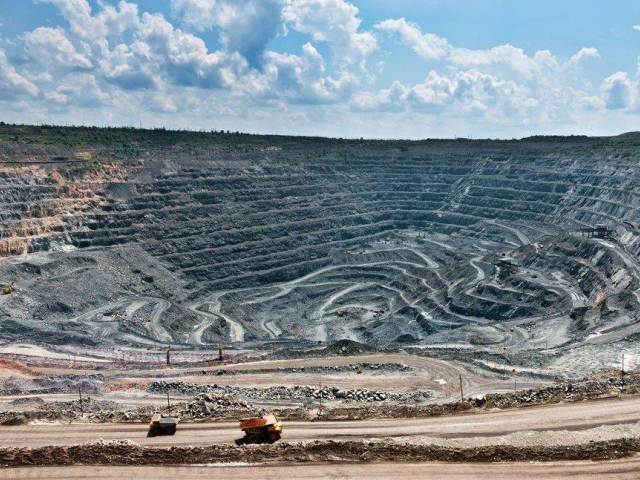
Russia
Russia and the CIS countries are in second place in terms of reserves of rare earth metals. According to Industrial Minerals, in Russia, the deposits of REM are located on the Kola Peninsula. They are rich in loparite. The Katugin deposit contains yttrium-rich europium ore. Moreover, Russia has REM deposits in Kyrgyzstan in the Ak-Tyuzskoye field. Currently, almost 70% of the deposits are located in the Murmansk region and in the republics of Komi, Sakha, and Krasnoyarsk Krai. This is why geologists rank Russia’s largest REM producer after China.
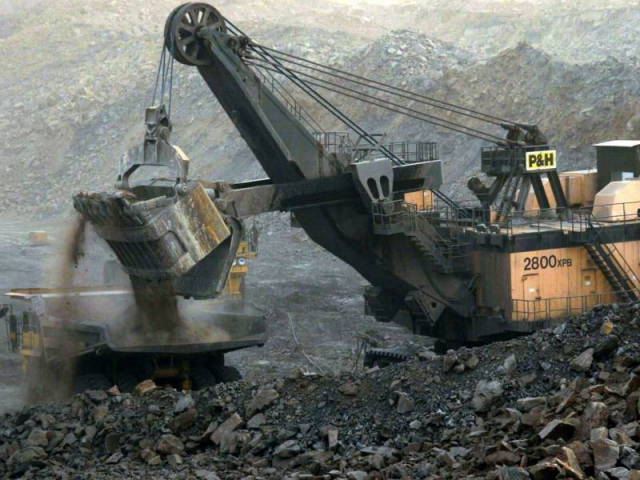
US
The United States takes third place. Nowadays, about 13% of the world's REM is extracted there. The largest deposit of bastnesite is Mountain Pass, California. For a long time, this deposit has been mothballed. In addition, the US is doing geological exploration at Bear Lodge, Wyoming. This deposit contains yttrium and all metals from the lanthanide group
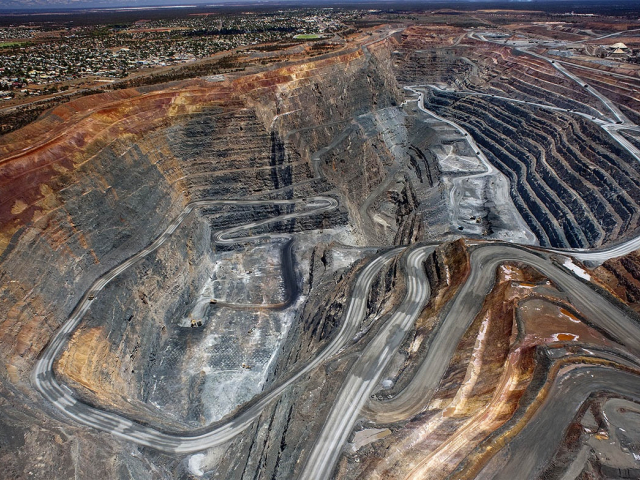
Australia
Australia is the fourth largest rare earths-mining country. Extraction is carried out in mineral sandstones and laterite soils. Australia is now exploring the Mount Weld rare earth deposits that sit in a two-billion- year-old volcanic plug. According to preliminary estimates, this is one of the largest REM deposits in the world. It contains low radioactive monazite. The Mt Weld Rare Earth Ore Reserves are now 18.7 million tonnes. Since 2000, Austria has been conducting active geological exploration. Earlier, Arafura Resources NL discovered a mineral deposit 135 km north of Alice Springs containing rare earth metals such as cerium, lanthanum, neodymium, and praseodymium. The total reserves of REMs at the Nolans Bore deposit are estimated at 577,000 tons with 174,000 tons of highly desirable rare earth mix and 158,000 tons of average minerals.
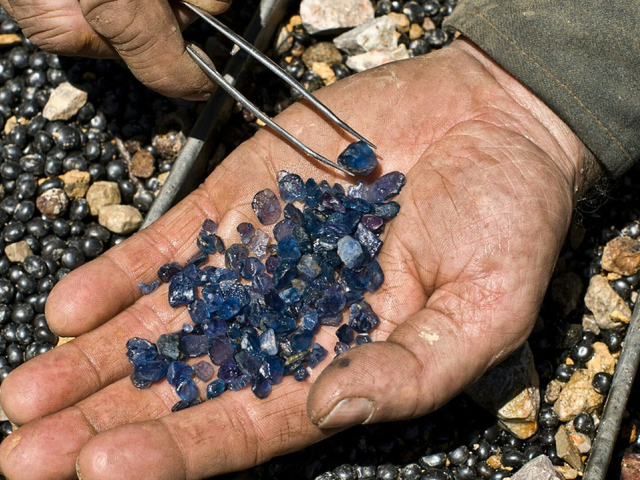
Brazil
Brazil closes the rating of the top 5 countries with high reserves of rare earth metals. Most of the earth metals, in particular monocytes, are mined in the coastal alluvial deposits of the country. Currently, the coastal deposits of REM in Brazil amount to 42,000 tons and on placers - 40,000 tons. Overall, the world reserves of rare earth metals are estimated at 110 million tons, reaching 80% of all explored onshore deposits. In Brazil, the coastal deposits are located in Rio de Janeiro (26,700 tons), Bahia (10,200 tons), and Spiritu Santo (4,100 tons). Placer deposits are sited in Minas Gerais (24,400 tons), Espiritu Santo (11,800 tons), and Bahia (3,500 tons). According to scientists' research, there are potentially huge deposits of rare earth metals about 80-100 billion tons at the bottom of the World Ocean.
 বাংলা
বাংলা 
 Русский
Русский English
English Bahasa Indonesia
Bahasa Indonesia Bahasa Malay
Bahasa Malay ไทย
ไทย Español
Español Deutsch
Deutsch Български
Български Français
Français Tiếng Việt
Tiếng Việt 中文
中文 हिन्दी
हिन्दी Čeština
Čeština Українська
Українська Română
Română
